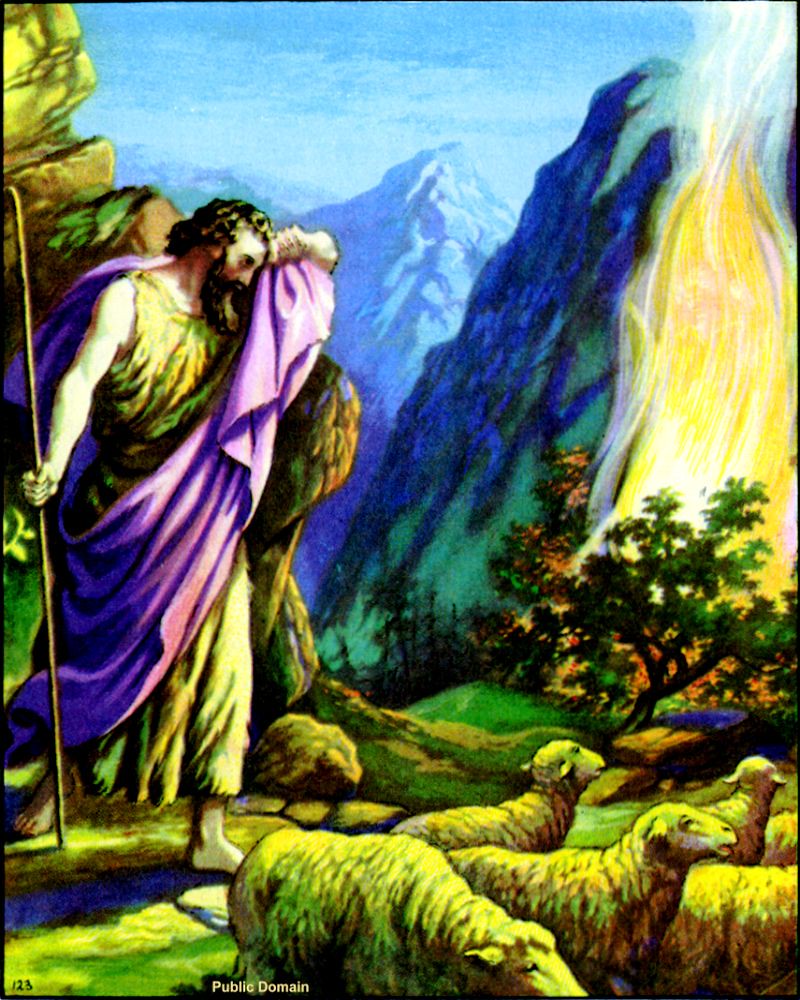In Exodus 8, we witness the continuation of Pharaoh’s hardened heart towards Moses and the people of Israel. The chapter begins with Moses confronting Pharaoh once again, demanding the release of God’s people. Moses warns Pharaoh that if he refuses, Egypt will be plagued with frogs. Pharaoh arrogantly dismisses Moses’ threat, refusing to let the Israelites go.
As God had promised, Egypt is soon overrun with frogs. These slimy creatures invade every corner of the land, infesting the rivers, the houses, and even the beds of the Egyptians. Pharaoh is distressed and summons Moses, begging him to intercede with God to remove the frogs. Moses agrees, allowing the Pharaoh to choose the timing of their departure. Astonishingly, Pharaoh asks for the frogs’ removal the very next day. Moses does as he promised and the frogs die off, leaving behind piles of decaying amphibians throughout the land.
However, we see Pharaoh’s heart hardening once more. Despite witnessing the supernatural power of God, he reneges on his promise and refuses to let the Israelites go. This sets the stage for the subsequent plagues that will further demonstrate God’s authority and sovereignty.
Now, let’s explore the link between Exodus 8 and Messianic Jesus. At first glance, it may appear challenging to find a direct correlation between these two concepts. However, when we dig deeper and examine the underlying themes and symbols, parallels become apparent.
In the story of Exodus, we witness God’s desire to free His people from the oppressive rule of Pharaoh and deliver them to the Promised Land. Similarly, in the New Testament, Jesus comes as the ultimate liberator, seeking to free humanity from the bondage of sin and lead them to eternal life.
Just as Pharaoh’s hardened heart prevented him from recognizing and submitting to God’s authority, many people in Jesus’ time failed to acknowledge His divinity. They were blinded by their own pride and attachment to worldly power, just as Pharaoh was. This rejection ultimately led to Jesus’ crucifixion, mirroring the tragic consequences of Pharaoh’s stubbornness.
Moreover, the plagues in Exodus serve as powerful symbols of God’s judgment and His superior power over all creation. In the same way, Jesus demonstrated His authority over nature, healing the sick, calming storms, and even raising the dead. Both narratives showcase the immense power of God and Jesus as they confronted opposition and displayed their divine attributes.
Furthermore, the demand for liberation and the longing for a better future are central themes in both Exodus 8 and Jesus’ Messianic ministry. The Israelites yearned for freedom from their oppressors, just as humanity longs for freedom from the slavery of sin. God’s solution in Exodus was to send Moses to lead His people to the Promised Land, while in the New Testament, God sends Jesus as the ultimate solution to reconcile humanity with Himself.
#Exodus8 #MessianicLink #JesusChrist #Liberation #Plagues #Redemption #GodsAuthority #SpiritualBondage #DivineIntervention #BiblicalReflections #Pharaoh #HardenedHearts #Deliverance #Moses #Egypt #Messiah #EternalLife #Salvation #YearningForFreedom #Oppression #DivineAttributes #GodsPower



